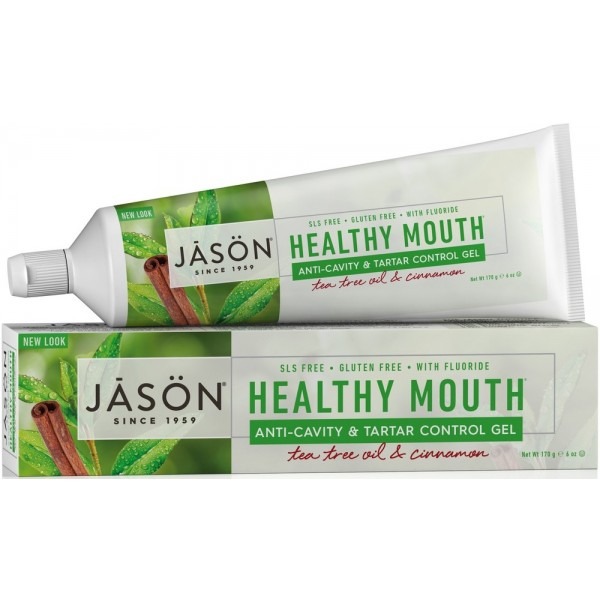
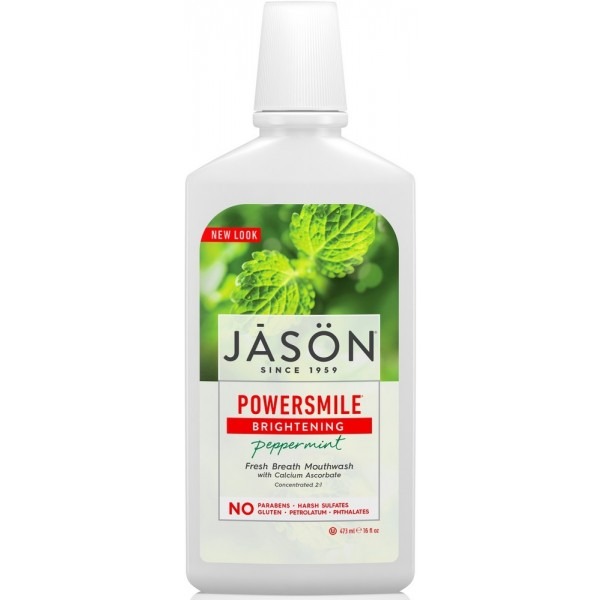
Healthy Mouthwash Jason 473ml
£9.99 Original price was: £9.99.£8.49Current price is: £8.49.
Clove and Cinnamon Oils
Out of stock
Email when stock available
Healthy Mouthwash
Jason Healthy mouthwashes, also known as therapeutic or medicinal mouthwashes, are oral hygiene products designed to promote oral health and address specific oral concerns.
They differ from cosmetic mouthwashes, which primarily provide temporary fresh breath and do not offer therapeutic benefits. Here are some characteristics and benefits of healthy mouthwashes:
1. **Antibacterial Action:** Healthy mouthwashes often contain antibacterial ingredients like chlorhexidine, cetylpyridinium chloride (CPC), or essential oils (e.g., tea tree oil, eucalyptus oil) that help reduce the growth of harmful bacteria in the mouth. This can aid in preventing gum disease, tooth decay, and bad breath.
2. **Anti-inflammatory Properties:** Some mouthwashes include anti-inflammatory agents like aloe vera or chamomile to soothe and reduce inflammation of the gums.
3. **Fluoride:** Fluoride is an ingredient commonly found in healthy mouthwashes. It helps strengthen tooth enamel, making teeth more resistant to decay. Fluoridated mouthwashes are especially beneficial for individuals at higher risk of dental cavities.
4. **Xylitol:** Xylitol is a natural sugar alcohol that can help reduce the growth of cavity-causing bacteria. It is often included in healthy mouthwashes for its potential to prevent tooth decay.
5. **Alcohol-Free:** Many therapeutic mouthwashes are alcohol-free, as alcohol can be harsh and drying to the oral tissues. Alcohol-free mouthwashes are more comfortable for many people to use regularly.
6. **Saliva Stimulation:** Some mouthwashes contain ingredients like salivary stimulants or moisturizers to help combat dry mouth, a condition that can increase the risk of dental problems.
7. **Specialized Formulas:** There are specialized mouthwashes for specific oral health concerns, such as those designed for individuals with sensitive teeth, for post-surgery or post-dental procedure use, or for individuals with periodontal disease.
8. **Fresh Breath:** While therapeutic mouthwashes focus on oral health benefits, they often provide the added bonus of freshening breath by reducing the growth of odor-causing bacteria.
9. **Prescription Mouthwashes:** In some cases, a dentist or healthcare provider may prescribe a specific mouthwash for individuals with severe dental issues, like advanced gum disease or for post-surgery care.
It’s important to use a mouthwash as directed by your dentist or healthcare provider, especially if you have specific oral health concerns.
While mouthwash can be a useful addition to your oral hygiene routine, it should not replace brushing and flossing. Regular dental check-ups, daily brushing, flossing, and a balanced diet are essential components of good oral health.
Always read the product label and follow the manufacturer’s instructions for proper use. If you have specific questions or concerns about which mouthwash is best for your needs, consult your dentist or oral healthcare provider, as they can provide personalized recommendations based on your oral health status and goals.

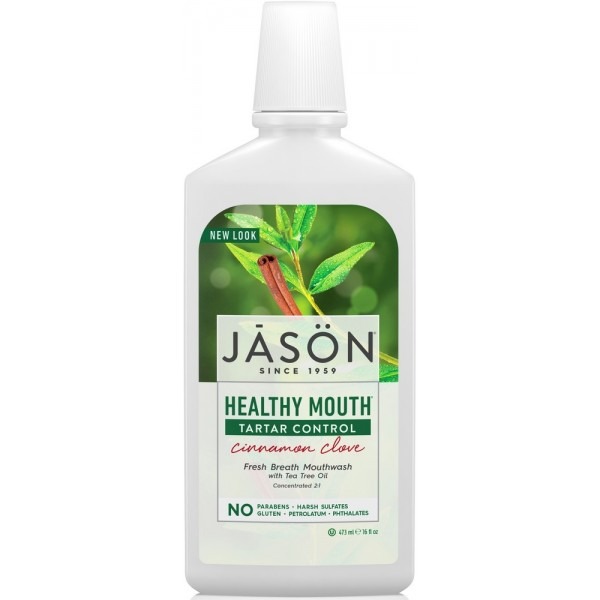
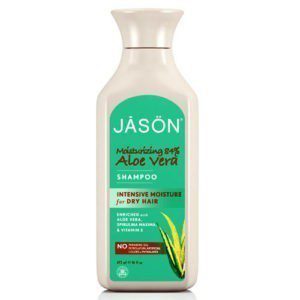
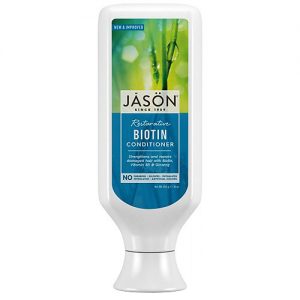
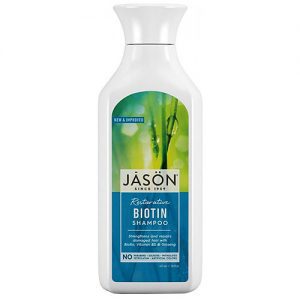
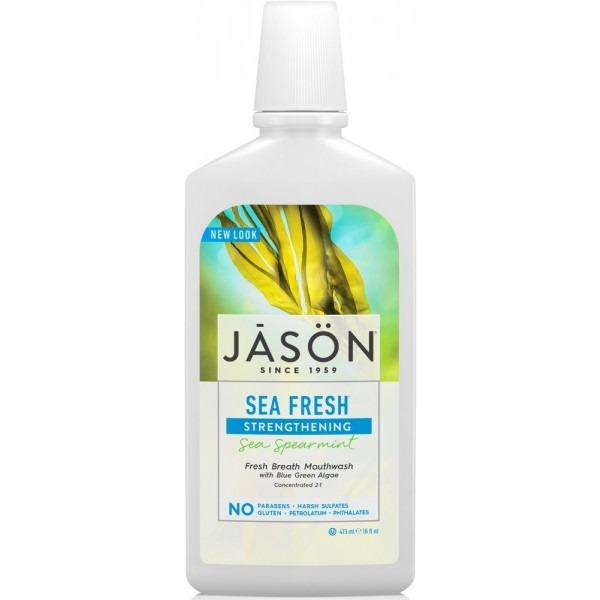
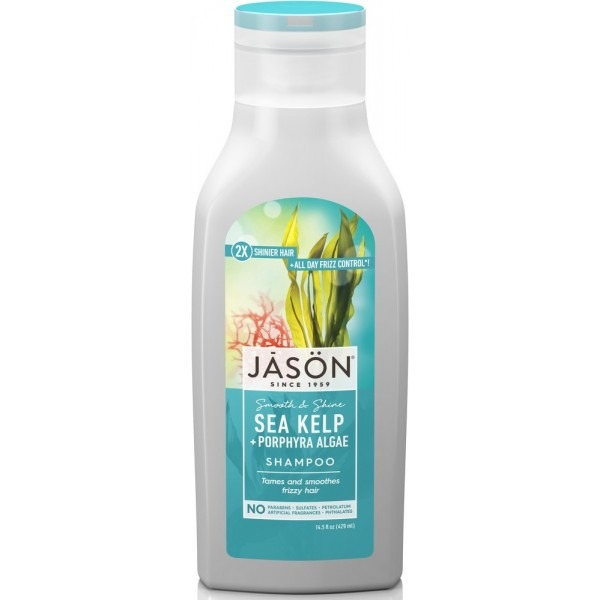
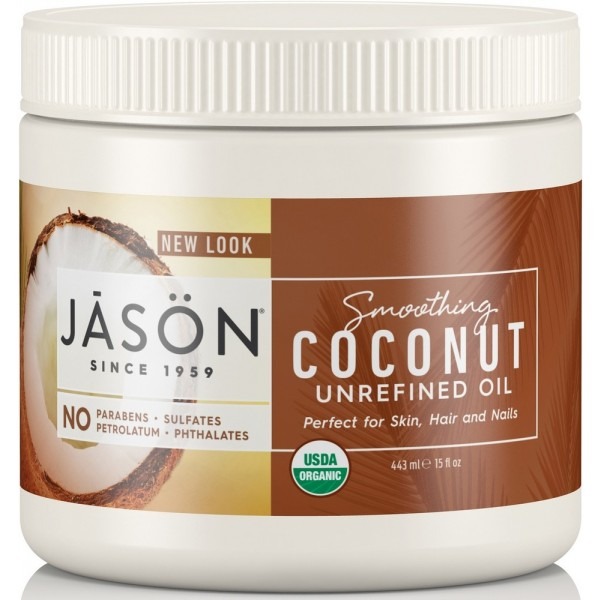
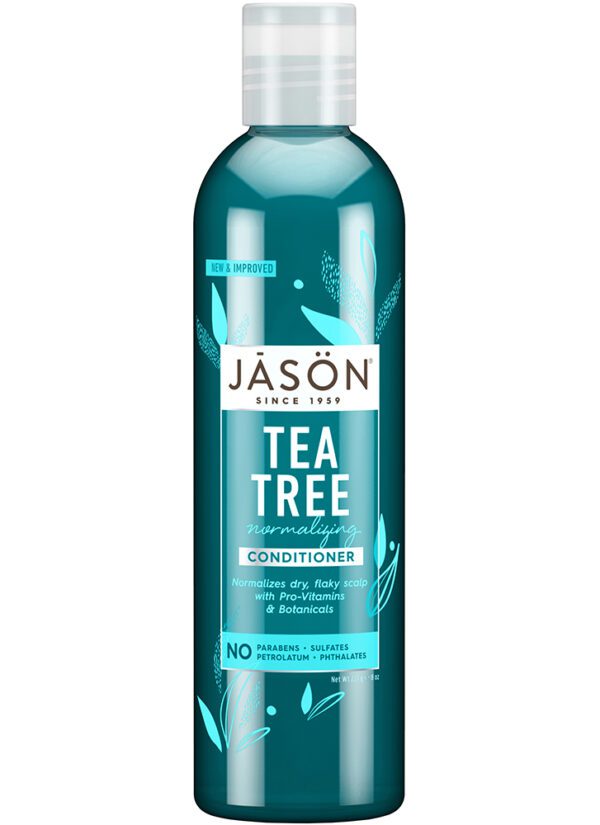
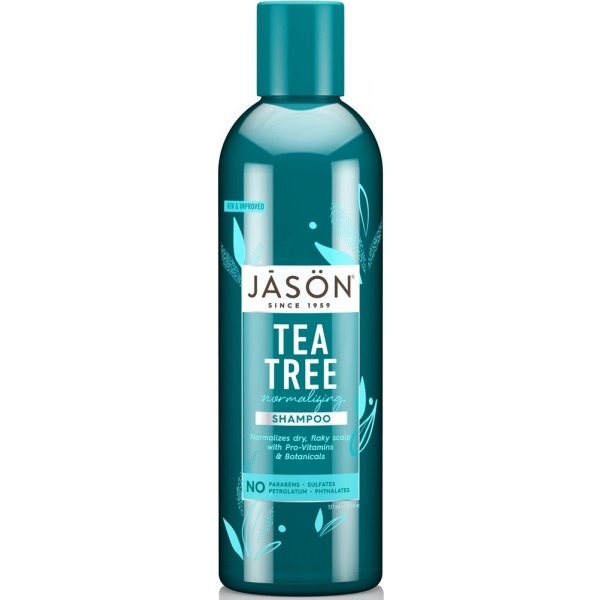




Reviews
There are no reviews yet.